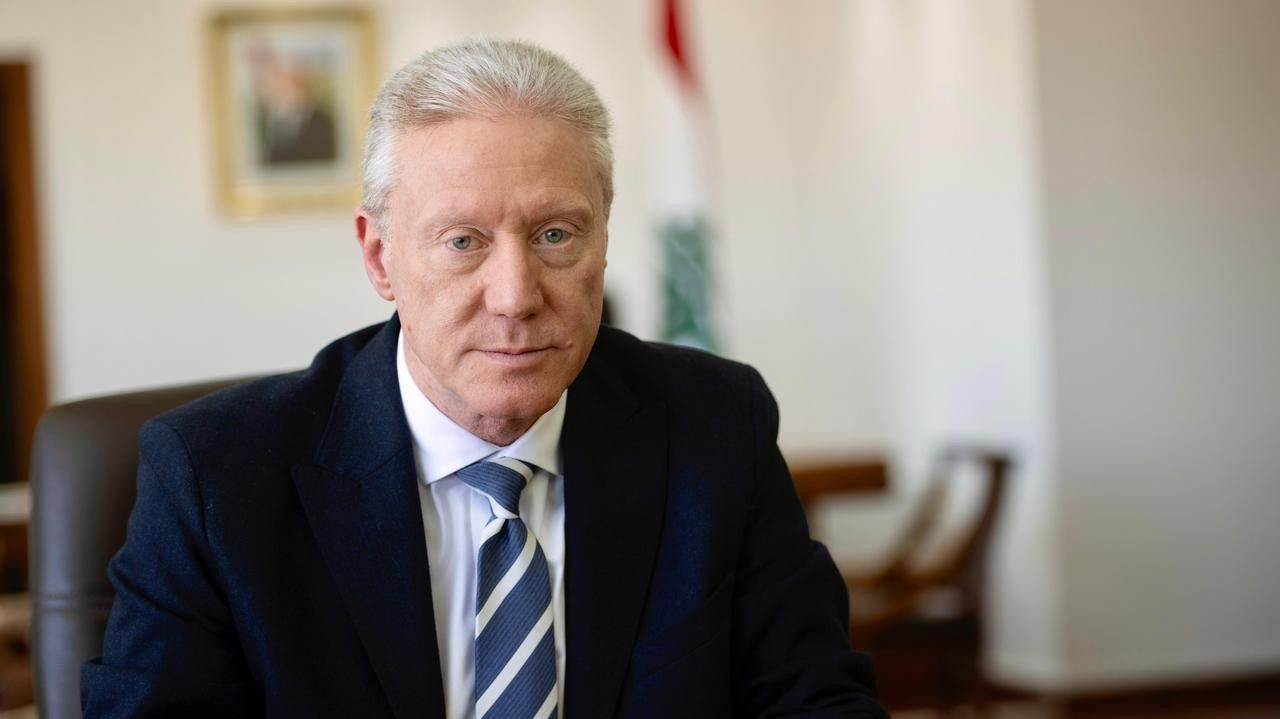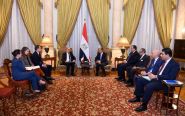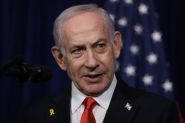
Lebanese President Joseph Aoun is set to visit Kuwait on May 11 and 12, in what Minister of Foreign Affairs Youssef Rajji described as “an event in itself.”
In an interview with Kuwaiti daily Al-Rai, Rajji emphasized the symbolic and political weight of the visit, while expressing Lebanon’s gratitude to Kuwait for its pivotal role in brokering the 1989 Taif Agreement—the cornerstone of Lebanon’s post-war civil peace.
However, Rajji acknowledged the diplomatic rift that has separated Lebanon from Gulf states since 2021, when countries including Kuwait, Saudi Arabia, the UAE and Bahrain recalled their ambassadors and imposed travel and diplomatic restrictions. The fallout was linked to Hezbollah’s dominant role in Lebanon and controversial remarks by former Minister of Information Georges Kordahi criticizing the Saudi-led intervention in Yemen.
Rajji added that Lebanese authorities are actively preparing for a “promising summer,” underscoring the government’s resolve to prevent any relapse into conflict and to secure long-term stability.
Border Tensions and French Mediation
He pointed to the ongoing tensions in southern Lebanon, citing Israel’s occupation of five strategic positions and its continued military strikes. His comments follow rising tensions along the Lebanese-Israeli border, where near-daily exchanges of fire have been reported in recent weeks.
Turning to the land border issue with Syria, Rajji said Lebanon had recently received archival maps and documents from France relating to the demarcation of the Lebanese-Syrian border. These were handed over by French ambassador Hervé Magro. “We hope these will prove decisive in the process,” said Rajji, adding that Paris has pledged full access to its archives once Lebanon completes a technical analysis of the documents.
“This is a long process, but it has been set in motion,” he said.
Syria’s Stability Key to Lebanon’s Recovery
Rajji emphasized that Lebanon views the stability of neighboring Syria as essential to its own recovery, militarily, politically, demographically and economically. With Lebanon hosting over a million Syrian refugees and sharing deep economic ties with Damascus, any stabilization in Syria is expected to bring tangible benefits.
“When Syria regains its stability, this will reflect positively on Lebanon,” he said, highlighting potential Lebanese involvement in Syria’s reconstruction and the possibility of cross-border investments and trade.
On Abbas Visit: Sovereignty, Camps and Palestinian Representation
Addressing the expected visit of Palestinian President Mahmoud Abbas to Lebanon, Rajji, in his interview with Al-Rai, outlined three key principles shaping Beirut’s approach.
“First, Lebanon is a sovereign state with the right to assert control over all its territory,” he said. “Second, the Palestinian refugee camps have a special status inherited since 1968 that requires serious treatment. And third, the Lebanese state recognizes only one legitimate Palestinian authority—the Palestinian Authority and the PLO, led by President Mahmoud Abbas.”
His remarks come amid renewed national debate over the status of Palestinian camps and political factions in Lebanon, especially in the context of wider regional instability.
The visit to Kuwait, the engagement with France and ongoing regional developments signal a renewed diplomatic effort by Lebanon’s government to reassert itself as a stable and sovereign actor amid overlapping domestic and geopolitical crises.
With General Aroldo Lázaro
On Friday morning, Mr. Raggi, met with Major General Aroldo Lázaro, Head of Mission and Force Commander of the United Nations Interim Force in Lebanon (UNIFIL). During the meeting, the minister reaffirmed Lebanon’s commitment to UNIFIL’s role and expressed gratitude for the peacekeepers’ ongoing efforts to preserve stability in the south.
Raggi emphasized the importance of allowing UNIFIL to fully carry out its mandate, as outlined in UN Security Council Resolution 1701. He also noted that the mission’s mandate is up for renewal this coming August.
In comments consistent with its interview to Al-Rai, Raggi criticized Israel’s continued military presence in five strategic locations in southern Lebanon. “The threat remains as long as Israel holds these positions and continues its attacks,” he stated.
Despite the challenges, the minister struck a cautiously optimistic tone regarding the months ahead. “Everything is being done to ensure a safe and promising summer,” he said, underlining Lebanon’s top priority: “to prevent the return of war and ensure it never begins again.”
General Lázaro, for his part, briefed the minister on recent UN operations in southern Lebanon, particularly efforts to monitor violations of Resolution 1701. He also praised the ongoing cooperation between UNIFIL and the Lebanese Armed Forces, describing their partnership as “strong and reliable.”



Comments